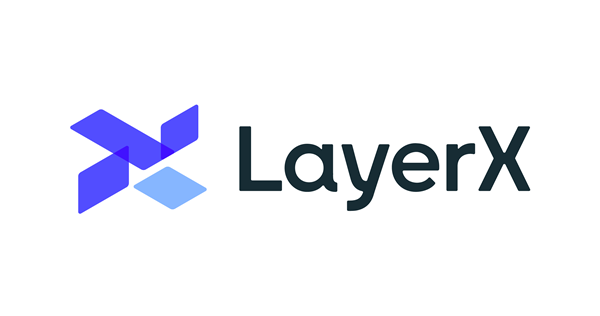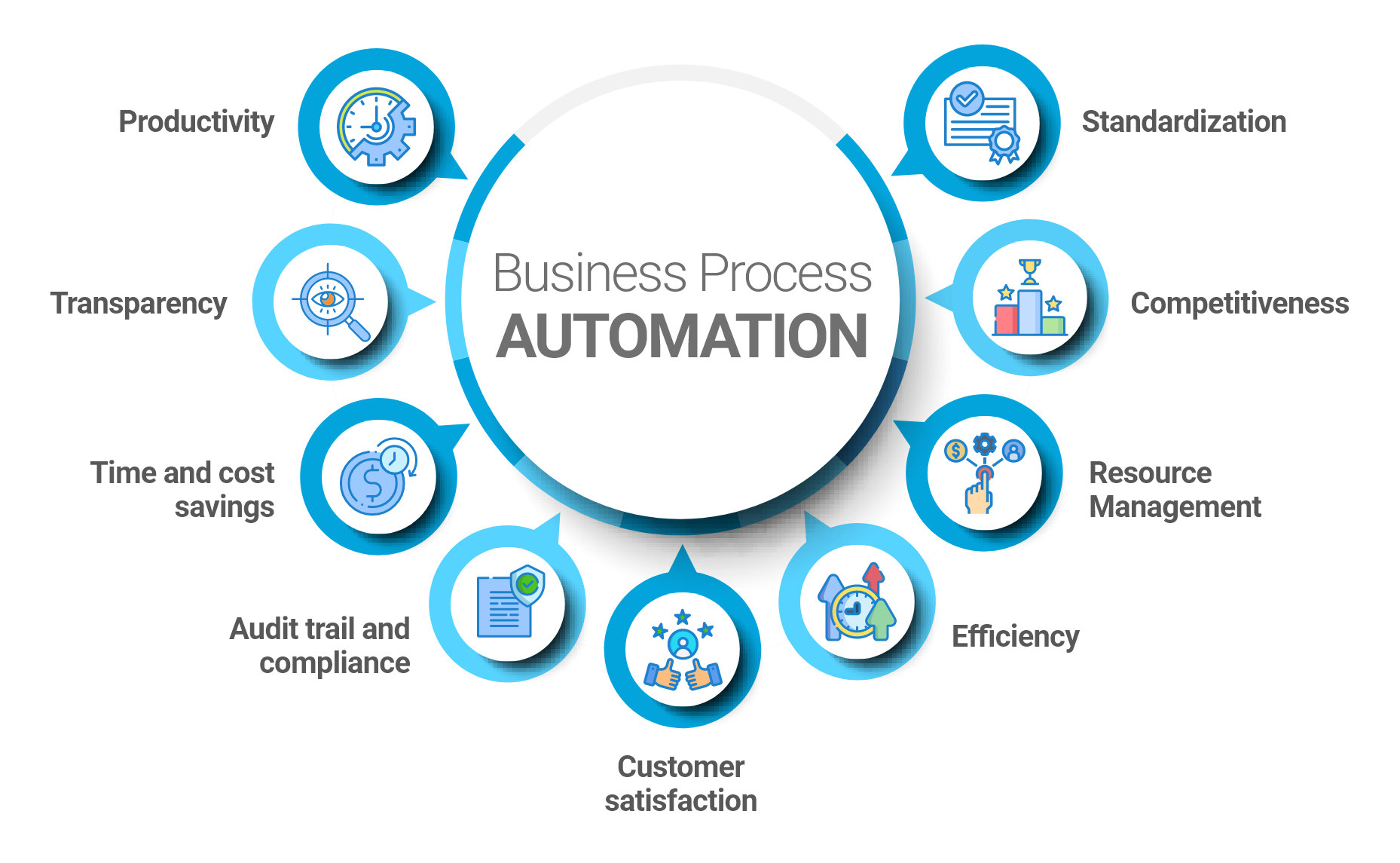
TCV has been throwing money at Netflix, Spotify, and Facebook for years. Now they're betting $100M that LayerX can fix Japan's godawful corporate bureaucracy. Smart move, actually - selling enterprise software in Japan is like playing business on hard mode, but customers stick around forever once you win them over.
The big-name Japanese investors jumped in too: MUFG Bank, Mitsubishi UFJ Innovation Partners, and JAFCO Group. That's not just money - it's a stamp of approval from Japan's old-school financial establishment.
Other participants include Development Bank of Japan, Sumitomo Mitsui Banking Corporation, Mizuho Bank, Sony Innovation Fund, and NTT Communications. Without those connections, good luck selling anything to Japanese enterprises.
Japanese Companies Are Drowning in Paperwork Hell
Here's what LayerX actually figured out: Japanese businesses are still doing shit manually that should have been automated 20 years ago. Expense reports, invoices, tax compliance - everything requires someone to sit there with paper forms and calculators like it's 1995.

The Japanese government is finally pushing digital transformation because they realized their workforce is aging out and nobody wants to do this mind-numbing paperwork anymore. The Ministry of Economy, JETRO, and Japan Digital Agency all have initiatives pushing automation adoption.
Enter LayerX with their Bakuraku platform that actually understands Japanese business processes, plus partnerships with Freee accounting, Money Forward, and TeamSpirit.
They've got 15,000+ enterprise clients already - that's impressive for enterprise software in Japan, where getting 10 customers can take 5 years. Most companies try to sell to Japan and give up when they realize how relationship-driven and slow everything is.
LayerX Beats UiPath Because They Actually Understand Japanese
Good luck competing when you don't know the difference between hiragana and katakana in business documents. LayerX goes head-to-head with UiPath, ServiceNow, and Automation Anywhere, but they actually built their AI Workforce for Japanese.
That's not just translation - Japanese business language is formal as fuck and follows specific conventions that change based on your relationship with the recipient. Try getting a generic AI tool to handle keigo (honorific language) correctly in financial documents. Spoiler: it won't.
But here's the killer feature: LayerX baked Japanese regulatory knowledge directly into their platform. Tax laws that change every year, prefecture-specific regulations, employment rules that make California look simple - they handle all of it. Most automation tools make you figure out compliance yourself, which defeats the whole point.
